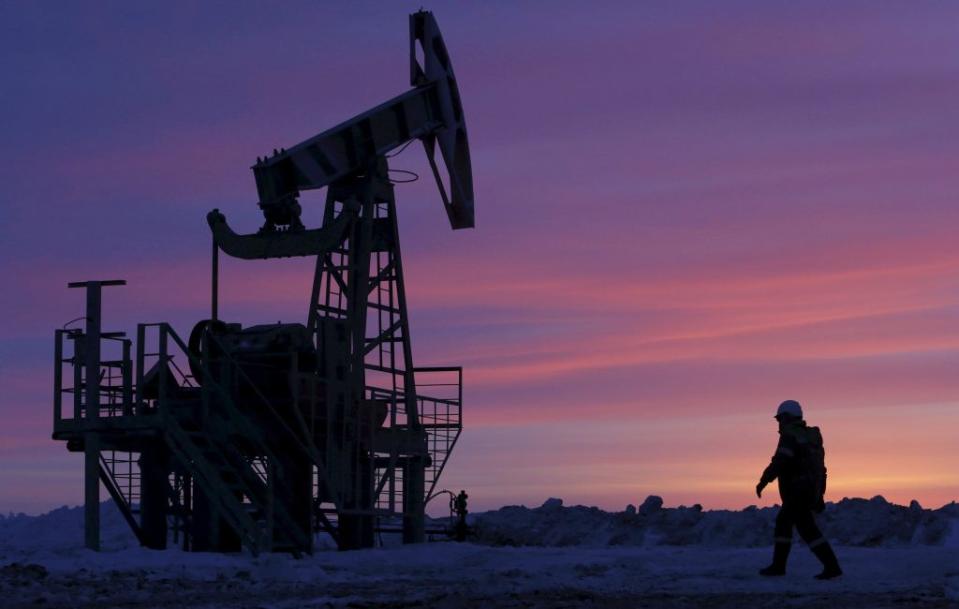OPEC will cut production this week–if key members stop seeking exemptions

Entering their third year of suffering, the world’s oil producers eagerly desire higher prices–above $60 a barrel if they can get it. In that hope, OPEC ministers are meeting in Algiers starting today to try to recapture their former selves by capping production. Or so they say.
For all their talk, OPEC representatives will probably leave the Algerian capital on Sept. 28 without a deal. The reason is simple–all of them are intent on tightening global oil supplies, as long as they themselves are exempted.
“Countries are all in favor of constraint, so long as it does not constrain them,” says Jamie Webster, of the Center on Global Energy Policy at Columbia University in New York.
The rationale isn’t selfishness, but unusual chaos within a cartel where individual needs trump goals of the whole. Libya and Nigeria, for instance, have both seen production plummet because of local mayhem. They say they would be happy to cap their oil output–after they are up a few hundred thousand barrels a day from now. The same goes with Iran, which, before freezing production, says it wants to return to the 4-million-barrel-a-day output it held prior to the imposition of western sanctions in 2012. As for Saudi Arabia, it says it will cut its current 10.7-million-barrel-a-day production by a half million barrels–as long as its blood rival Iran refrains from rising above its current 3.6 million barrels a day, which is a non-starter, if you believe Tehran, which we do.
Russia, meanwhile, seems poised to raise, not cap production. For that and other reasons, hedge funds are shorting oil (see tweet below, from John Kemp at Reuters)
HEDGE FUNDS cut their combined Brent + WTI net long position last week by -105 million bbl, the largest one-week reduction since July 2014 pic.twitter.com/0HddmLZ7A6
— John Kemp (@JKempEnergy) September 26, 2016
The bright spot, if you happen to be an oil producer, is the next OPEC meeting, scheduled Nov. 30. It’s possible that OPEC ministers will use this meeting to jolly up each other, and hope that group psychology warms to a production cap over the coming two months. But if the chaos affecting the hard-hit OPEC members has not eased, don’t look for a freeze then, either.

Sign up for the Quartz Daily Brief, our free daily newsletter with the world’s most important and interesting news.
More stories from Quartz:

 Yahoo Finance
Yahoo Finance 